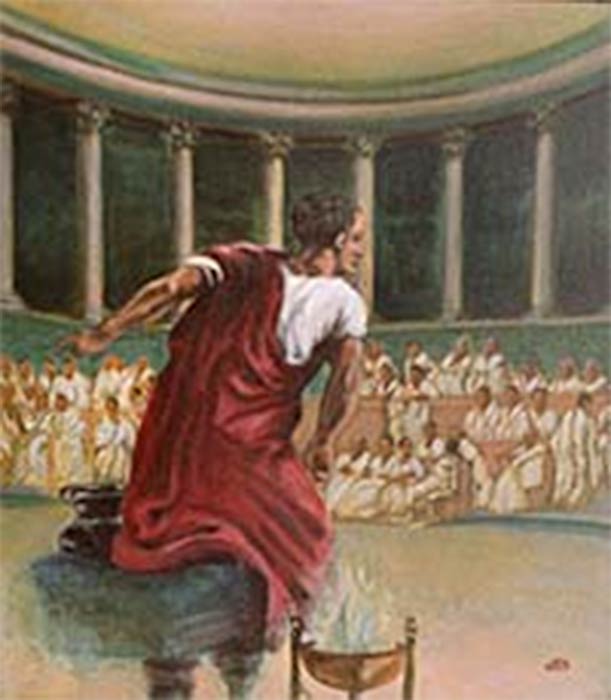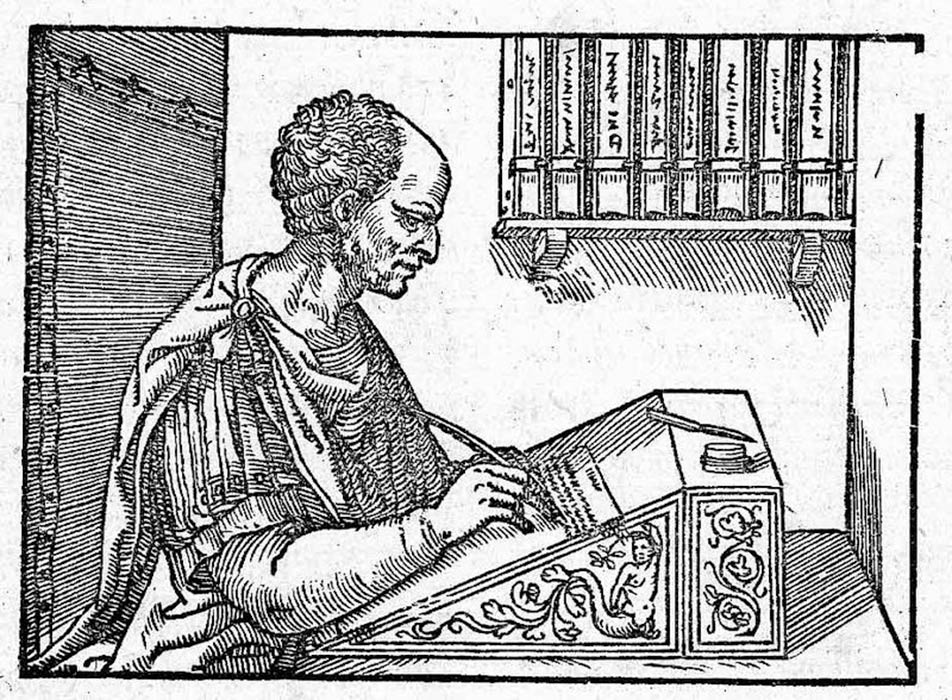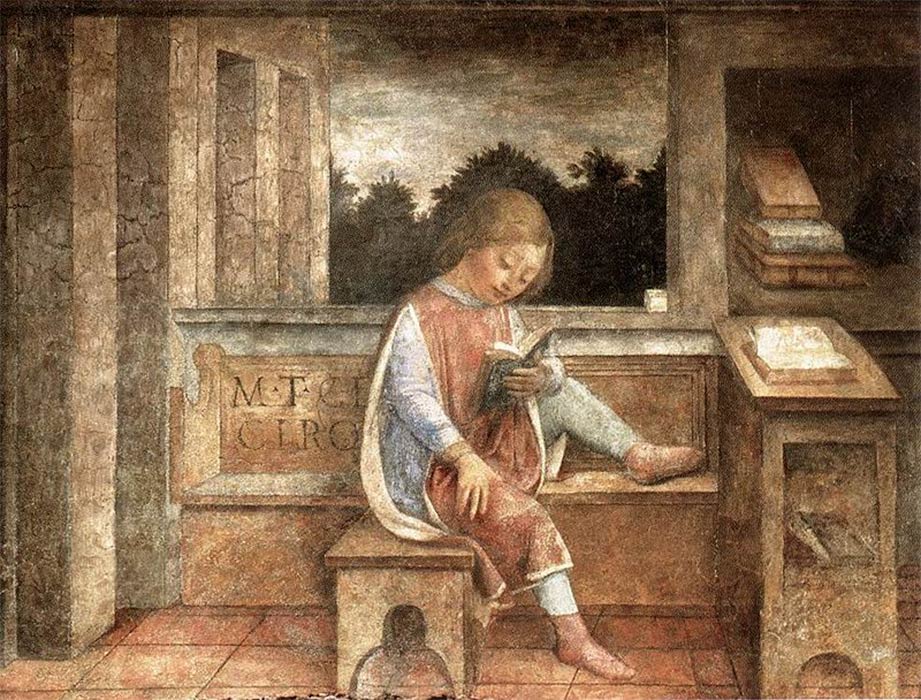
Marcus Tullius Cicero: Family Man, Friend and Father
In modern times, Marcus Tullius Cicero (106 - 43 BC) is remembered as the greatest Roman orator. A prolific thinker, his writings include books on rhetoric, orations, philosophical and political treatises, as well as letters. Although more than 900 of his correspondence between 67 and 43 BC survive, this is only a very small portion of the letters that he wrote and received. Many of his letters did not survive, and many others were, perhaps understandably, suppressed for political reasons after his death.

Cicero by unknown artist (Public Domain)
Cicero’s Corpus Of Letters
Four collections of Marcus’ letters survived. The two collections that are considered to be some of the most reliable sources of information for the period leading up to the fall of the Republic are Epistulae ad Familiares (Letters to Friends) which is a collection of letters from Marcus to various public and private figures and Epistulae ad Brutum (Letters to Brutus), a collection of letters between Marcus and Marcus Junius Brutus, who conspired against Julius Caesar. Then there are two collections providing valuable information about Marcus Tullius Cicero as a man navigating his relationships with his nearest and dearest. One of these collections is Epistulae ad Atticum (Letters to Atticus), which is a collection of letters from Marcus to his friend Titus Pomponius Atticus. Featuring letters from 68 to 44 BC, this collection provides a candid view into Marcus’ character through unfiltered confessions, self-revelations and his day to day moods. But the most personal of his surviving letters is Epistulae ad Quintum Fratrem (Letters to brother Quintus), a collection of letters from Marcus to his younger brother Quintus which was written with the freedom and frankness only granted to family never to be found in his correspondence with others.

Cicero writing his letters. Woodcut by unknown artist; book printed by Hieronymus Scotus (1547) (Public Domain)
Letters To A Brother
With Quintus, his younger brother by four years, the famous Marcus Tullius Cicero speaks as he would to a brother, friend, confidant and colleague. Sometimes one would even see traces of brotherly bickering. In one letter Marcus refers several times to a poetic work in progress about Julius Caesar and his campaigns in Britain. In this letter, Marcus also appears to be responding once more to Quintus’ ongoing nagging as to the whereabouts of his promised contributions to Quintus’ poetic work. Marcus’ response to his brother’s nagging is that although he feels capable to write, he lacks the time and inclination. And why does Quintus ask him, Marcus, to contribute something that he, Quintus, is already so good at doing himself? Marcus then goes on to share with his brother some of his current frustration about Roman politics and the paralyzing effects it continues to have on him. He then turned back to the subject of literature by answering Quintus’ question about a shipment of books before commenting on Quintus’ recent output of tragedies which was no less than four plays in just 16 days.





